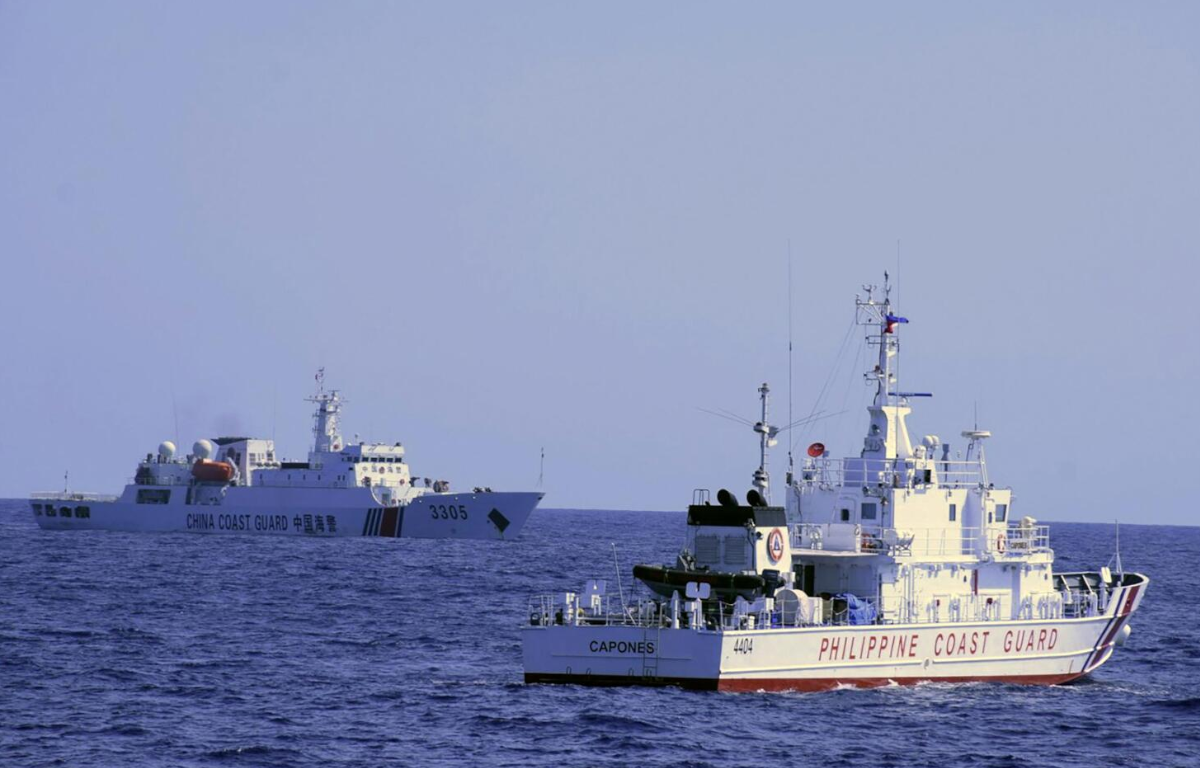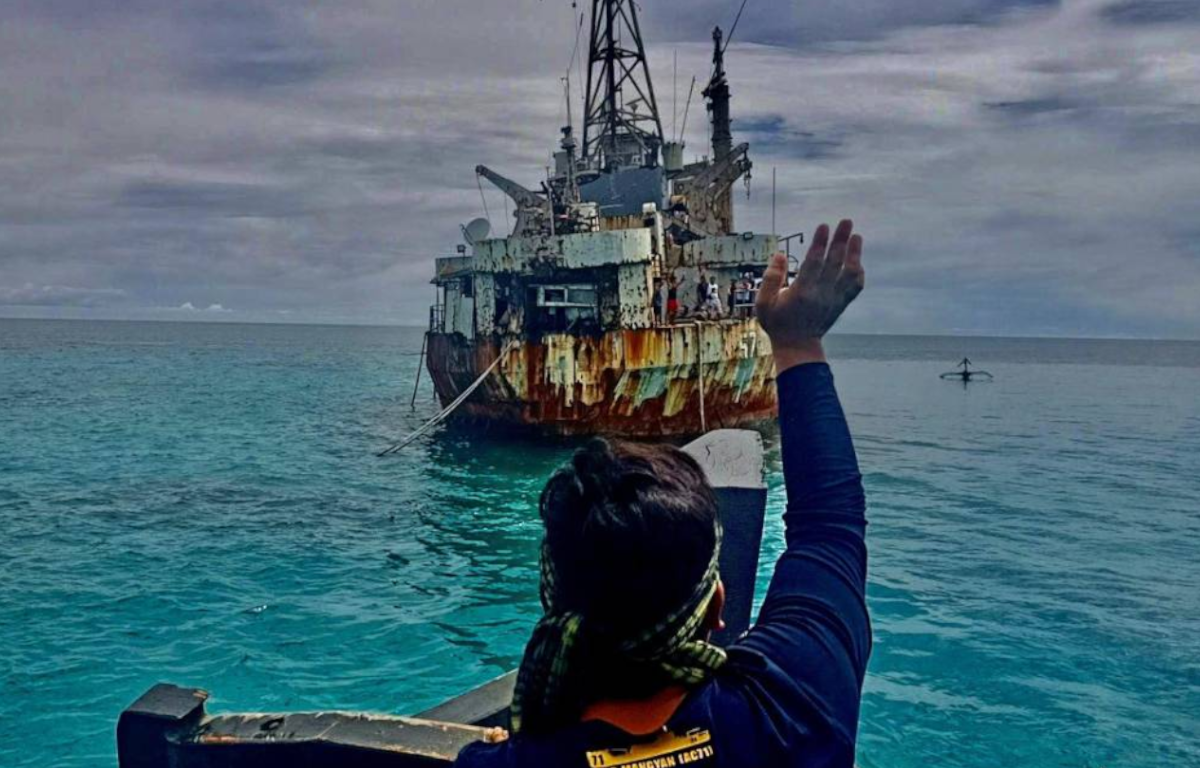
One key initiative is the use of science to identify areas that are most critical to the health of the West Philippine Sea ecosystem. By conducting marine surveys and monitoring marine life populations, researchers are able to pinpoint which areas should be given priority protection, such as coral reefs and seagrass beds that serve as nurseries and feeding grounds for various fish species.
At the same time, fisherfolk and NGOs are also tapping into local knowledge and practices that have sustained communities in the area for generations. By integrating traditional practices with modern conservation techniques, they are able to strike a balance between resource use and conservation.
This approach has gained traction among local fisherfolk, who see the benefits of protecting the West Philippine Sea’s resources. By ensuring that fish stocks are not overexploited, they are able to secure their livelihoods and the food security of their communities.
NGOs, on the other hand, have been instrumental in bringing together stakeholders and advocating for policies that support sustainable resource use. They have also provided technical assistance to local communities, such as training in sustainable fishing methods and the establishment of marine protected areas.
Overall, the protection of the West Philippine Sea is a complex issue that requires a multi-faceted approach. By combining scientific research with traditional knowledge and community-based initiatives, progress is being made towards ensuring that the sea’s resources are used sustainably and protected for future generations.










Share this: